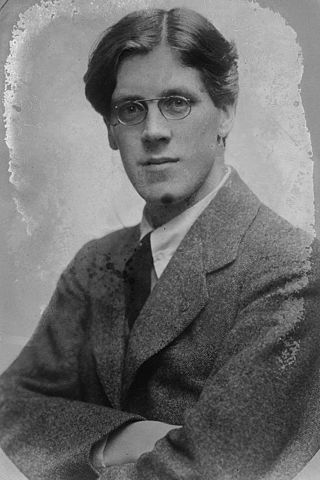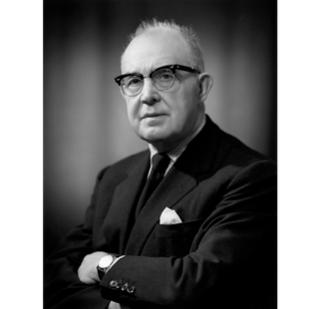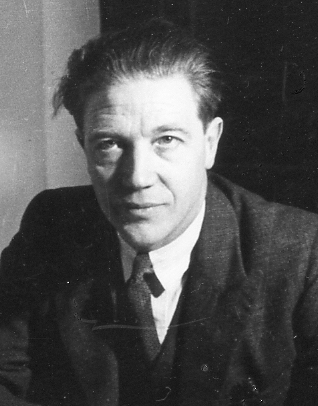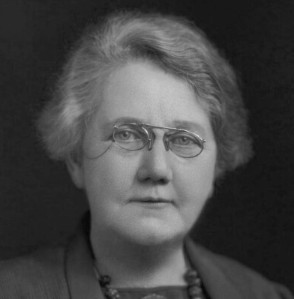Related Research Articles

The Independent Labour Party (ILP) was a British political party of the left, established in 1893 at a conference in Bradford, after local and national dissatisfaction with the Liberals' apparent reluctance to endorse working-class candidates, representing the interests of the majority. A sitting independent MP and prominent union organiser, Keir Hardie, became its first chairman.

Archibald Fenner Brockway, Baron Brockway was a British socialist politician, humanist campaigner and anti-war activist.

Frederick William Jowett was a British Labour politician.
James MacDonald was a British trade unionist.
Thomas Hargrave Bell was a Scottish socialist politician and trade unionist. He is best remembered as a founding member of both the Socialist Labour Party and the Communist Party of Great Britain and as the editor of Communist Review, the official monthly magazine of the latter.

Arthur Creech Jones was a British trade union official and politician. Originally a civil servant, his imprisonment as a conscientious objector during the First World War forced him to change careers. He was elected to Parliament in 1935 and developed a reputation for interest in colonial matters, gaining the nickname "unofficial member of the Kikuyu at Westminster". He served in the Colonial Office in the Labour government of 1945–1950. After losing his seat in the 1950 general election he was involved in writing and lecturing about British colonies, before returning to Parliament in 1954. Initially, he was known as Arthur Jones, but throughout his time in politics he invariably used his middle name.

James Ian Mearns is a British Labour Party politician. He has been the Member of Parliament (MP) for Gateshead since the 2010 general election. He is a member of the Socialist Campaign Group parliamentary caucus.

Wilfred Risdon was a British trade union organizer, a founder member of the British Union of Fascists and an antivivisection campaigner. His life and career encompassed coal mining, trade union work, First World War service with the Royal Army Medical Corps (RAMC), political and animal welfare activism.
John Emrys Thomas was a Welsh socialist politician.

Florence Nightingale Harrison Bell was a British socialist and suffragist activist.
Isaac Brassington was a British trade unionist and political activist.
Owen Connellan was a British politician and trade unionist.
Alfred Gould was a British trade unionist and politician.
Albert Reginald Stamp was a British politician who served as the chair of London County Council.
Ernest Edwin Hunter (1883–1947) was a British political activist and journalist.

Percy Frederick Pollard was a British socialist activist.
Frederick Berriman was a British socialist politician.
George Francis Johnson (1872–1958) was a British socialist politician who devoted much of his life to the Independent Labour Party (ILP).
Arthur George Field was a British trade unionist and socialist activist.
Charles Richard Flynn was a British trade unionist and politician.
References
- 1 2 3 The Labour Who's Who. London: Labour Publishing Company. 1927. p. 213.
- ↑ Sadler, John; Serdiville, Rosie (2017). Tommies: The British Army in the Trenches. Casemate. p. 145. ISBN 1612004857.
- ↑ Keith Gildart and Gidon Cohen, "Stephenson, Tom", Dictionary of Labour Biography, vol.11, p.268
- ↑ Dod's Parliamentary Companion. 1950. p. 407.